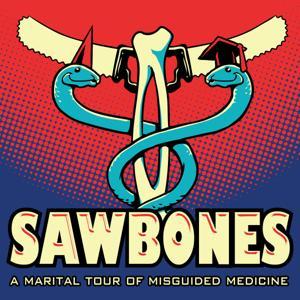10.1016/j.jaip.2025.07.005.40675327
- All of the videos were found to be useful or very useful, 99% were of moderate or high reliability, and 99% had moderate to excellent educational quality
Prostate-specific antigen levels among participants receiving annual testing. JAMA Oncol 2025 Nov; 11:1341 10.1001/jamaoncol.2025.3386.40965920
- PSA levels at or above 4.0 ng/mL fell below that threshold on the next annual test 30% of the time.
10.1016/S2665-9913(25)00250-4.
- During 10 years of follow-up, patients in the PKA and TKA groups did not differ significantly in pain, function, or quality of life
https://www.nejm.org/doi/full/10.1056/NEJMoa2508026?query=TOC
Among patients who underwent CABG for an acute coronary syndrome, ticagrelor plus aspirin did not result in a lower incidence of death, myocardial infarction, stroke,
https://www.nejm.org/doi/full/10.1056/NEJMoa2509907?query=TOC
In this trial, a high-dose inactivated influenza vaccine did not result in a significantly lower incidence of hospitalization for influenza or pneumonia than a standard dose among older adults.
https://www.nejm.org/doi/full/10.1056/NEJMoa2509834?query=TOC
Among community-dwelling adults 65 to 79 years of age, there appeared to be fewer hospitalizations for influenza or pneumonia with high-dose inactivated influenza vaccine than with the standard dose but the NNT is like 1500!
https://pmc.ncbi.nlm.nih.gov/articles/PMC12594118/
Afib should not be screened even if the authors say yes
https://pubmed.ncbi.nlm.nih.gov/40997143/
defines the US cost-effectiveness threshold as $120 000 per quality-adjusted life year gained,
https://pubmed.ncbi.nlm.nih.gov/40481660/
In CKD, electronic letter nudges for patients or primary care practices did not differ from no letters for prescriptions of guideline-recommended RASis or SGLT2is at 6 months.
https://www.clinicalkey.com/#!/content/playContent/1-s2.0-S0140673625015922?returnurl=https:%2F%2Flinkinghub.elsevier.com%2Fretrieve%2Fpii%2FS0140673625015922%3Fshowall%3Dtrue&referrer=https:%2F%2Fclinician.nejm.org%2F
β-blocker therapy on clinical outcomes in patients with myocardial infarction and mildly reduced (40–49%)
https://www.nejm.org/doi/10.1056/NEJMoa2512686#ap2&uccLastUpdatedDate=2025-12-12%2005%3A34%3A29.658%20%2B0000&rememberMe=false
In this meta-analysis including individual-patient data from five randomized trials, beta-blocker therapy did not reduce the incidence of death from any cause, myocardial infarction, or heart failure in patients with an LVEF of at least 50% after myocardial infarction without other indications for beta-blockers.




































